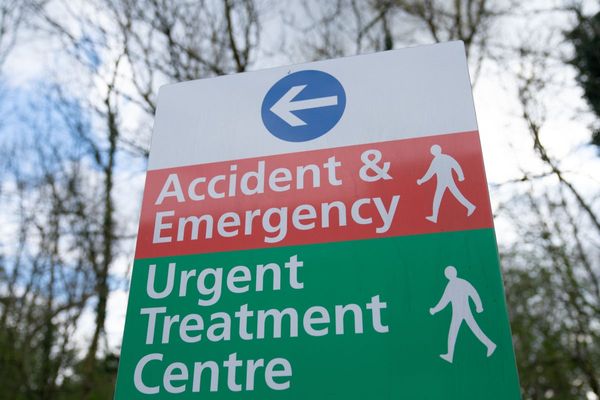
Berlin (AFP) - "Sabotage" targeting communications infrastructure was to blame for major disruption to the German railway network on Saturday, operator Deutsche Bahn said while the government said no motive had yet been identified.
"Cable sabotage" was the cause of the breakdown, which led to a three-hour suspension of train services throughout northern Germany, a spokesman for the company told AFP.
German Transport Minister Volker Wissing said essential cables "were deliberately and intentionally severed" in two places.
"It is clear that this was a targeted and deliberate action," he added, saying the motive was not "yet known".
He described the incident as "clearly premeditated".
Specifically, there was damage to the GSM-R, a radio network used for communication on the railway, Der Spiegel reported, quoting security sources.
Any damage to the cable would require "certain knowledge" of the rail system, the Bild daily said, adding that federal police were investigating.
Traffic was completely interrupted for about three hours because of "a breakdown in the digital radio system for the trains", before being restored, according to Deutsche Bahn.
Services were affected between Berlin and regions in the west and north of the country including Schleswig-Holstein, the cities of Hamburg and Bremen, as well as Lower Saxony and parts of North Rhine-Westphalia.
Protection of critical infrastructure
The Berlin-Amsterdam route was also suspended, and thouands of travellers were stranded at stations across the affected regions.
Cancellations and delays were still expected on Saturday despite the restoration of rail services, Deutsche Bahn warned.
The attack comes just over two weeks after sabotage attacks on the Nord Stream 1 and 2 gas pipelines linking Russia and Germany.
The German government has also stepped up protection of its critical infrastructure.
Deutsche Bahn is regularly criticised for delays on its services.
At the beginning of September, the company said it would carry out massive improvement works, including replacing 137,000 concrete sleepers.
An independent report pointed the finger at "production faults" in the sleepers.
The derailment of a train in the Bavarian Alps in early June, which killed five people and injured more than 40, highlighted the poor state of German rail infrastructure, linked to years of under-investment.
The government has in recent months been encouraging car-loving Germans to take the train by offering cheap tickets.







